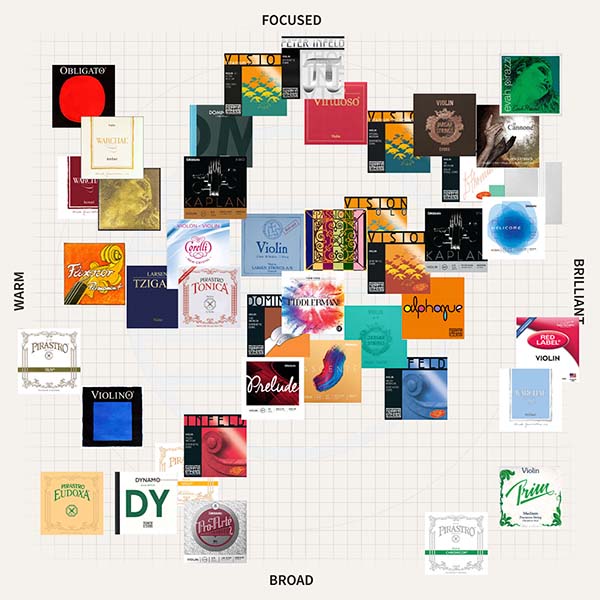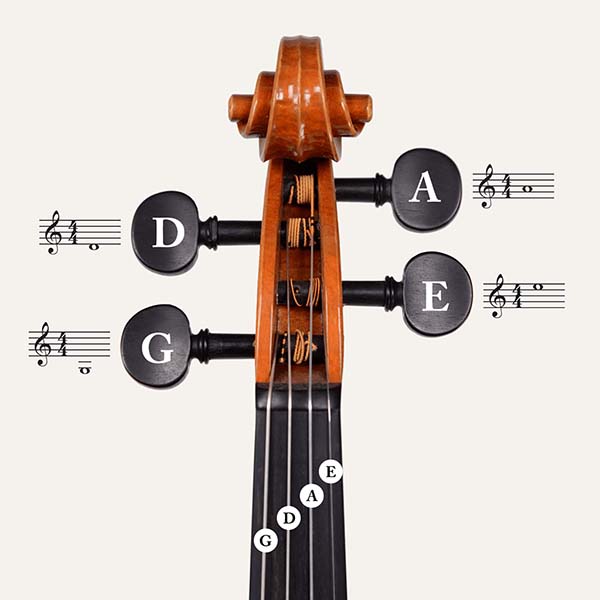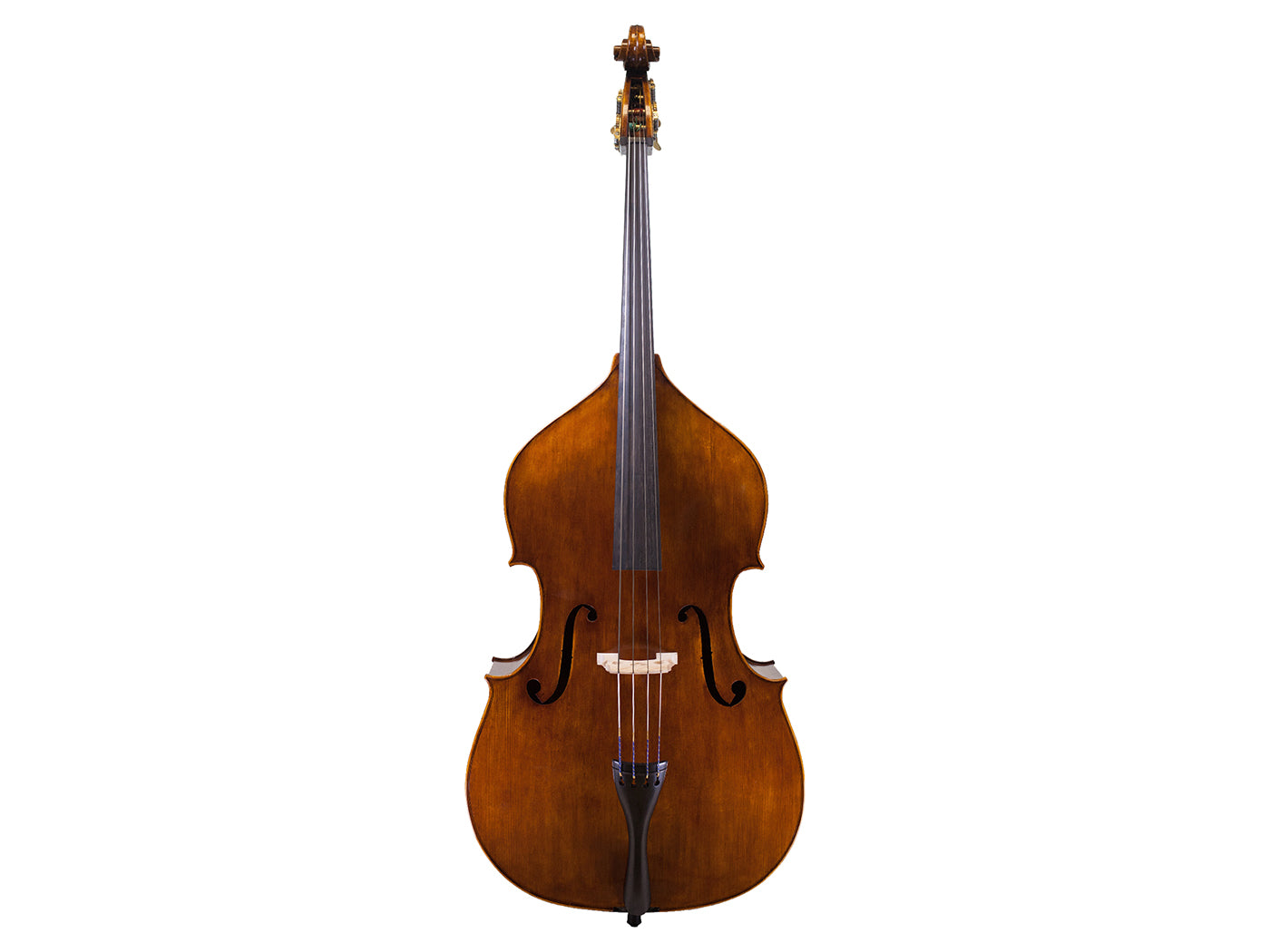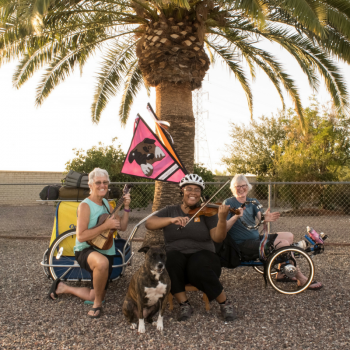Five Tips for Successful Busking

By Jasmine Reese - Busking is a skill. It's one major way to improve, deliver, and evolve performance techniques.
People often pass a busker with preconceived notions in their minds. "Oh, they need extra money. They must be a starving musician." "Oh no, they must not be able to get a job with an orchestra or music company." However, this is not at all the narratives of many street musicians. They do it for several reasons, and not all relate to money or lack thereof.
They genuinely enjoy it, and it's fun! It provides the opportunity to bring music to the ears of passersby without all the red tape of a concert hall or other booked venue.
They like the no-pressure environment. Usually, people rush off to their next location, so the audience changes from moment-to-moment. This takes away the nerves that comes with a seated and focused audience. In the latter situation, eyes are trained on the musician. This can be nerve-wracking, especially for those with stagefright. Busking is an opportunity to work on those nerves. The musician can make a mistake and start over because most likely the old audience has gone and a new one has arrived.
It's a mechanism to experiment with new and unique performance ideas. Of course, there are many talented street musicians who just play, and listening to them is a treat. But their are some who branch out, using puppets, costumes, dancing, singing, looping, and a plethora of ideas to enhance their act. The street is a perfect venue for developing an on-stage persona.
Of course, the most obvious reason to busk are the financial rewards. If you choose the right place and time, street performance can become a lucrative affair.
Either way, some buskers do it as a career, others may be in it for some quick pocket change, some want to use the opportunity to work on performance nerves, etc.... But what they all have in common? They all love music and want it to be heard.
Here are five ways to make your first or next busking session a success.
1. Choose a Winning Location
Choose a high pedestrain traffic venue. Passersby must have a clear view of your set up, and your open instrument case. However, avoid rush hours and overcrowded places. You want it to be just enough where people still want and can stand or sit and listen to you for a bit.
Pick a place with the above aspects, but it must also be comfortable for you. If there is a glare from the sun, or no coverage from rain, it may put some undesirable hitches in your performance.
You may also want to choose a place with great acoustics and carries sound to potential listeners further off.
Keep in mind, if you're using amps and looping, a business owner can complain if it's too loud. So, make sure everyone around you is happy and satisfied with you being there.
2. Ask Around
You need to make sure it's ok to busk in a specific location first. Many cities and towns around the world require a license to play on a public street. This is because of noise ordinances and past incidences which may have left a sour taste in the mouth, or ears, of tourists and city officials.
However, you can also ask businesses and Farmer's Markets for the opportunity to perform, and that is often done without a license. Permission from any privately owned establishment will waive the license requirement.
3. One Hour or More for Your Set List
Prepare to play for an hour or more. Choose well-practiced pieces or repertoire. You want to sound good, even amidst the hustle and bustle of the city or event. Someone will hear you, and they'll say, "Oh, there's a busker on 1st Street. Stop and listen."
Your set list is the songs, tunes, or pieces you'll play. While it's important to enjoy what you're playing, you also want to pick pieces that are a hit with the audience, especially if busking is something you do to bring in some cash. When you go out to play, take note of what pieces people stop and listen to, clap for, and drop money in your case. These are the tunes you want to keep on your list.
4. Engage!

Don't just sit there. This is an opportunity to face your fears and develop a relationship with people who may become your number one fans! It also teaches communication and public speaking skills.
If someone drops money in your case, express your thanks. If you're playing an upbeat piece, get people to clap along. Stop and tell jokes! Take requests. Create a sign saying you'll play Happy Birthday for those celebrating their special day. In summation, be creative and people will acknowledge it.
5. Keep Your Instrument Safe
Keep it always in view. Make sure all accessories are in front of you. Avoid direct sunlight on the instrument. Also, if rain is in the forecast, take the appropriate measures to ensure quick coverage.
Some people may opt to only use cheaper instruments when busking. But others will play on expensive ones. It's your preference!
Most important advice -- enjoy yourself. Music is meant to be fun, wherever or whatever the venue. Be happy and make music!






2 comments
Fiddlershop
Hi Ada! You can play just about anything, but if you would like to play along with other musicians, you might want to learn a few popular fiddle tunes.
I’m including a link to Fiddle Hell Festival, that lists a many of the most played tunes during their festivals:
https://www.fiddlehell.org/info/tunes
Hi Ada! You can play just about anything, but if you would like to play along with other musicians, you might want to learn a few popular fiddle tunes.
I’m including a link to Fiddle Hell Festival, that lists a many of the most played tunes during their festivals:
https://www.fiddlehell.org/info/tunes
Ada
What would be considered good songs to play? Pop covers?
What would be considered good songs to play? Pop covers?